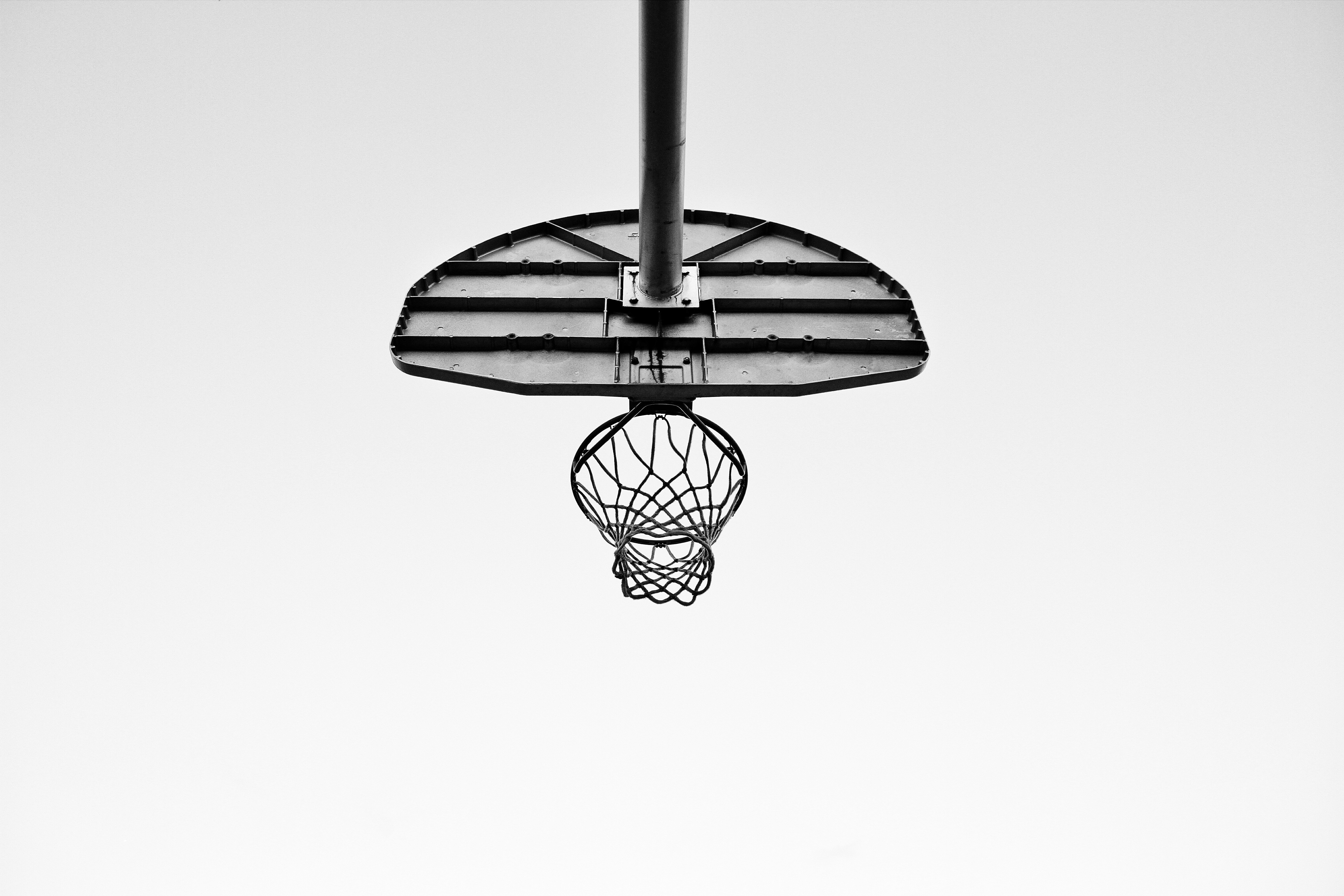

Photo by MontyLov on Unsplash
Athletes, whether at the professional or student level, are under tremendous pressure to perform exceedingly well in all areas of their life. When you become an athlete, your social status is elevated and therefore, there’s a microscope on you. Most people (i.e., fans) see the life that athletes lead while playing their sport; few people think about what goes on outside of their play. For the athlete, sports can be an escape from the reality of their personal life whether that’s family, school, relationships, or even their own personal thoughts and feelings. It can be easy to focus on what they’re good at—their sport—because that’s what makes them feel the best. However, a negative consequence of that can surface when they suppress problems that they are having off the field or off the court.
When you’re going through a hard time, it’s natural to look for an escape that makes you feel good and forget about your pain. However, just because you ignore it, that doesn’t mean it’s not there. The problem is that covering up the pain doesn’t resolve the pain and can actually create more problems. No matter how you look at it, it’s a block that keeps you from being free and clear to perform at your best.
If we look at wellness as a balance of mind, body, and spirit, when there’s an uneven shift for long stretches of time, it can throw everything else off balance. For example, when you don’t confront an issue or process a hardship emotionally, mentally, and spiritually, it can cause distress to your physical body. In fact, studies have proven that long-term stress can do major damage to your body.
The point is that bottled up inner struggles can manifest in a host of negative ways over time. For some that might mean anxiety or maybe depression or angry outbursts or self-destructive behavior. The issue you’re trying to suppress may suddenly erupt out of nowhere or it may develop into a bad habit over time. For example, one person might experience a panic attack while another individual might develop anger that manifests into addiction or poor habits like giving up easily. Either way, it’s clear that only by confronting your problems, can you have long-term balance in your everyday life. In other words, dealing with the temporary discomfort of your issue can have long-term health benefits and even improve your ability to focus clearly and without distraction on your game.
“Call it a stigma or call it fear or insecurity — you can call it a number of things — but what I was worried about wasn’t just my own inner struggles but how difficult it was to talk about them. I didn’t want people to perceive me as somehow less reliable as a teammate, and it all went back to the playbook I’d learned growing up.” – Kevin Love
Kevin Love famously opened up about his mental health struggles in this article earlier this year. As the world saw through his essay and subsequent interviews, inner-game problems can happen to anyone, even highly respected, starting NBA players.
While the culture of sports—the playbook Love says he learned growing up—rewards toughness at all costs, eventually, inner struggles will affect your game in one way or another. While suppressing your problems can feel like the easy thing to do, it’s a burden you can only bear for so long.
There are lots of ways to help yourself when you’re struggling with something that is affecting your mental wellbeing. Although it may seem scary, the relief that comes from opening up and healing can only fuel your overall game. It makes you stronger and validates that you’re just a human doing the best you can just like everyone else. Even if you’re a star athlete and doing things other people can’t because of your physical talent and sports IQ, you can only become more competitive by making an effort to balance your mind, your body, and your soul, which I can assure you not everyone is willing to do.
Every athlete knows the importance of rest and recovery. However, many athletes experience issues like…
It’s safe to say that Jayden Daniels is having an outlier rookie season in the…
Photo by Tony Schnagl Comparison is a natural part of the athletic journey. Every athlete…
Photo by Marcel Strauß on Unsplash Emotions. We all have them. Sometimes they are simple…
Image by 3D Animation Production Company from Pixabay Just before the start of the 2024…
Photo by Rodolfo Clix In combat sports like MMA and boxing, it might be surprising…